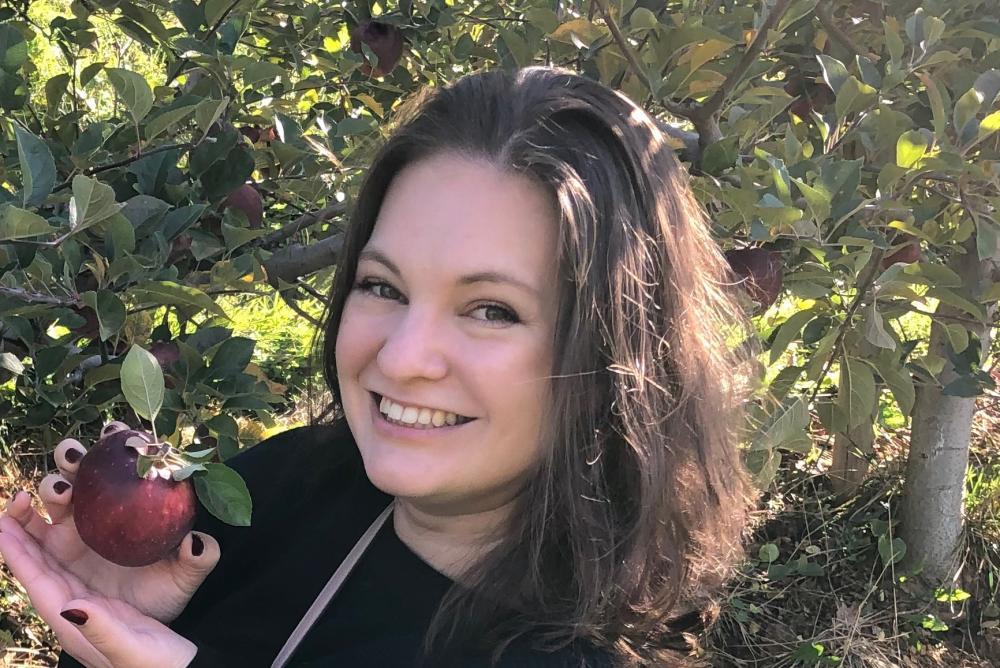Arts & Sciences Events
[PAST EVENT] Physics Dissertation - Mikayla Anderson
Access & Features
- Open to the public

Mikayla Anderson, “Extensions of the Standard Model with Improved Ultraviolet Behavior”
Abstract:
The problem of the enormous fine-tuning required to keep the Higgs boson mass light despite contributions from large quadratic divergences is dubbed the hierarchy problem. Higher derivative theories are one class of theories that offer a solution to this problem. Infinite-derivative nonlocal theories and finite-derivative Lee-Wick theories each have strengths in this regard, but they also each have weaknesses (for instance, Lee-Wick particles cancel quadratic divergences, but we would have expected to detect them by now at current collider sensitivities). Asymptotically nonlocal theories interpolate between the two and behave differently from either, although they appear nonlocal in the low-energy limit. In asymptotic nonlocality, an emergent nonlocal scale arises that regulates quadratic divergences and that is hierarchically smaller than the mass of the lightest new particle, suggesting a solution to the hierarchy problem. In this work, we derive the Feynman rules in an asymptotically nonlocal extension of QCD, which are needed for the study of strong interaction processes at hadron colliders. We then examine the basic process of dijet production from two-into-two parton scattering, calculating the relevant parton-level cross sections. We determine an experimental bound on the nonlocal scale by comparing the predicted dijet invariant mass spectrum in our model with data from the Large Hadron Collider.
Bio:
Mikkie Anderson was born in Anchorage, AK in 1995. She moved to the Seattle, WA area in 2006 and eventually attended the University of Washington at its Bothell campus. Although she was initially unsure what she wanted to do with her future, she took her first physics class in 2016 and her path was set. She graduated in 2019 with a B.S. in Physics and started at William & Mary in 2020, where she started doing research with Prof. Chris Carone in the high energy theory group.
Sponsored by: Physics
